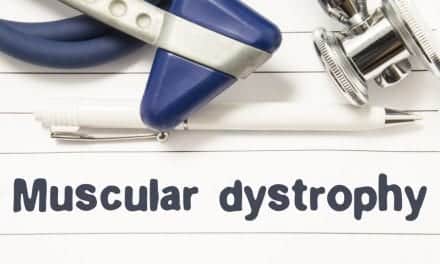The FSHD Society is launching a collaboration involving the FSHD Clinical Trial Research Network (CTRN) and BullFrog AI, an innovator in artificial intelligence, to analyze the largest-yet natural history dataset collected from patients with facioscapulohumeral muscular dystrophy (FSHD). FSHD is a debilitating, genetic disease affecting an estimated 1 out of 8,000 people and causes life-long, progressive muscle weakness.
“We hope these studies will help with clinical trial design and patient stratification to accelerate clinical trials for our community,” said Jamshid Arjomand, PhD, chief science officer at the FSHD Society.
BullFrog AI will be using the bfLEAP Artificial Intelligence platform to analyze a large and multidimensional clinical dataset of FSHD collected by the FSHD CTRN in the NIH-funded Clinical Trial Readiness to Solve Barriers to Drug Development in FSHD (ReSolve; NCT03458832) study. The study enrolled 220 patients at 8 U.S. and 3 European CTRN sites and used multiple motor outcome instruments to track disease progression over 24 months, including an FSHD Functional Composite, the Motor Function Measure Domain 1, Reachable Workspace, and electrical impedance myography.
The AI analysis is aimed at assessing which outcome measures, or combination of measures, are most sensitive to changes associated with disease progression. Additionally, as FSHD is known to have variable rates of progression among individuals, the investigators hope to identify other clinical factors or medical conditions that correlate with different rates of progression. Individuals who have factors correlating with faster progression would be good candidates for including in a clinical trial, because they would be more likely to demonstrate whether an experimental therapy is able to slow disease progression.
Arjomand thanked the collaborators, saying, “We’re delighted to have been able to facilitate this project by bringing the CTRN’s ReSolve study with Bullfrog’s expertise in AI and machine learning to carry out a comprehensive analysis of these data.”
“This collaboration can set the stage for more efficient clinical trial design, and can serve as a model for collaborations with AI companies to evaluate large clinical trial preparedness data sets,” said Jeffrey Statland, MD, co-director of the FSHD CTRN and professor of neurology at the University of Kansas Medical Center.
“BullFrog AI welcomes the opportunity to collaborate with the FSHD Society and the FSHD CTRN,” said Vin Singh, Founder and CEO of BullFrog AI. “We’re excited that the bfLEAP AI platform can contribute to the development of a drug for this devastating disease.”
[Source(s): FSHD Society, PRWeb]





